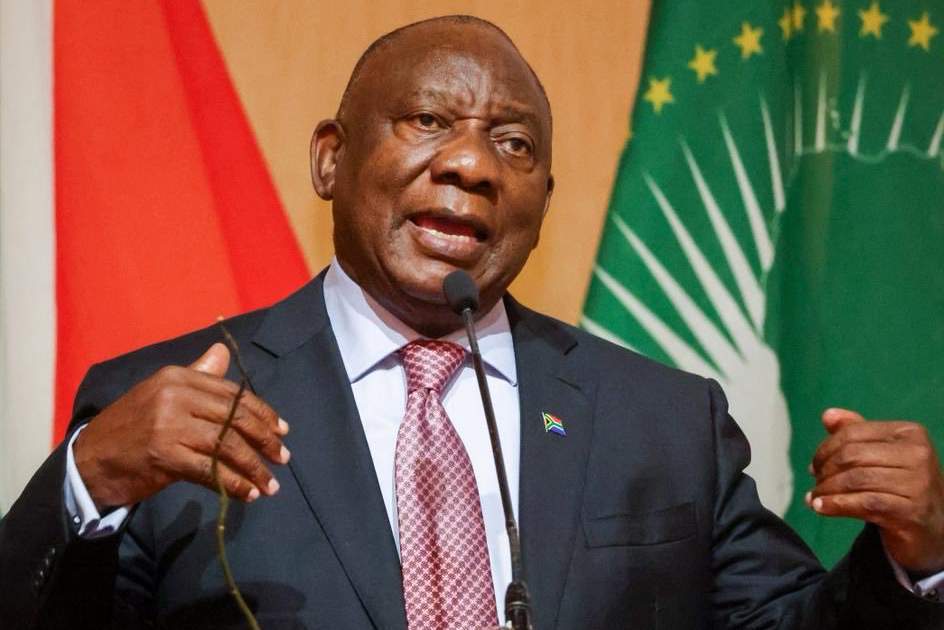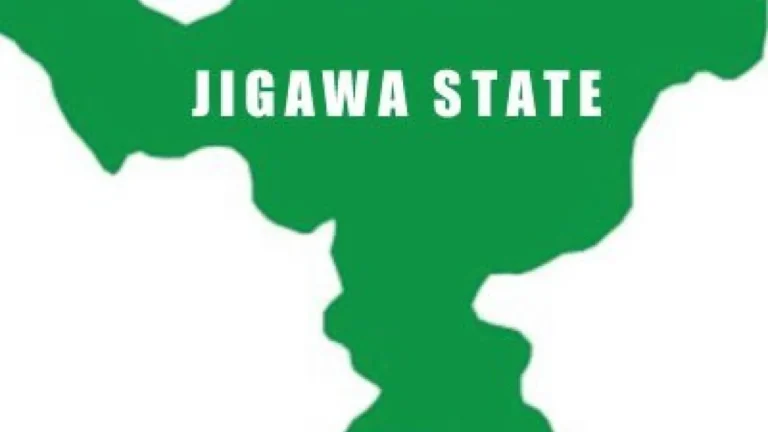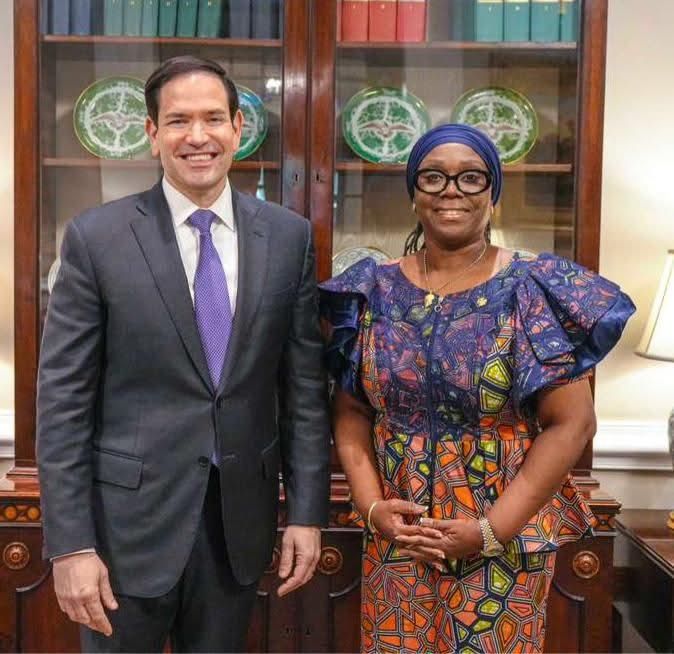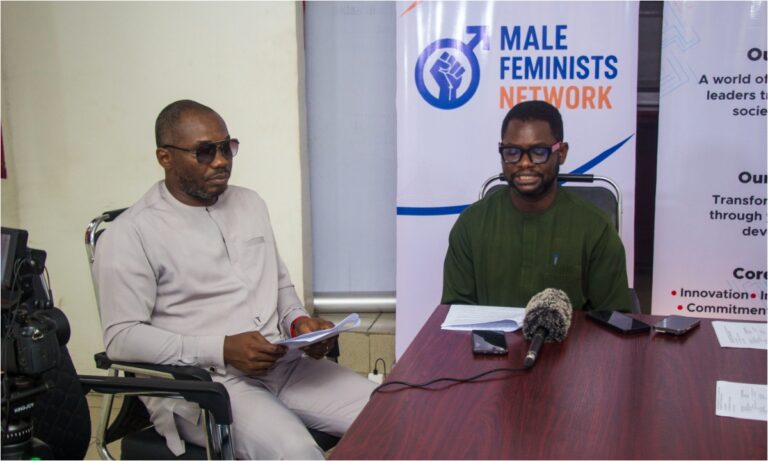
President Cyril Ramaphosa delivered the keynote address at the 7th Social Justice Summit in Cape Town on Friday.
Supplied/GCIS
- President Cyril Ramaphosa condemned Israel for weaponising food in Gaza and criticised its use of food as a tool of oppression during the 7th Social Justice Summit in Cape Town.
- Ramaphosa called on South African retailers to lower food prices to reduce the cost of living and ensure food security.
- He highlighted efforts like the School Nutrition Programme and social grants as vital in fighting hunger and improving food access nationwide.
President Cyril Ramaphosa has strongly condemned Israel for allegedly using food as a weapon against Palestinians in Gaza.
Speaking at the 7th Social Justice Summit in Cape Town on Friday, Ramaphosa argued that food should never be used as a tool of oppression or conflict.
He said: “Food should never be used as a weapon, as we have seen in other conflicts in the world. There are conflicts that are going on where food and nutrition are now being used against other populations.”
Ramaphosa highlighted allegations against Israel, noting that “Israel has been accused by UN experts and humanitarian organisations of weaponising food in Gaza by restricting access to essential supplies, but much worse, by destroying agricultural infrastructure and contributing to famine-like conditions.”
The president stressed the need to internalise the principle of safeguarding food security for everyone:
We need to imprint this on our memory that, never again should food ever be used as a weapon against those that we may not like, and it should never happen on our continent or anywhere in the world. Food is a universal right.
“It is important for us to embrace the principle of food being a human right and a human right that should never be diluted and irrevocable. Food is about life, and life is important, and our human rights should continue to protect the lives of everyone.”
READ | Trump says ‘nightmare’ for Israelis, Palestinians over
He told the gathering, which brought together policymakers, legislators, civil society, traditional leaders, academics, and the judiciary, that freedom from hunger was both a moral and developmental imperative.
He also used the platform to call on food chains such as Woolworths and Checkers to reduce food prices at the tills to lower the cost of living in South Africa.
“If we are talking about food prices, we want to call on them to look at the prices that they charge for food at the till and we want to call on them to look at the high margins that they charge because it is all very well and good for them to say there needs to be food security and affordable food prices but they are the ones who drive the high food prices.”
The president said retailers should join the government in its bid to reduce the cost of living.
“Food prices are what drives the cost of living higher all the time, including, of course, the prices we pay for various municipal services.”
He called for a comprehensive approach to ensuring food security and affordable prices.
Food security and nutrition took centre stage during the event, with Ramaphosa highlighting that they are universal rights under the Universal Declaration of Human Rights and the country’s Bill of Rights.
🇿🇦President @CyrilRamaphosa delivering the keynote address during the 7th Social Justice Summit held at the Cape Town International Convention Centre (CTICC), Western Cape Province.
The Summit leverages the country’s G20 leadership to champion the African agenda and global… pic.twitter.com/nInhMI2nGA
— The Presidency 🇿🇦 (@PresidencyZA) October 17, 2025
He said the government had adopted a multifaceted approach to tackling hunger and food security, which included the Integrated Food Security Strategy, the National Food and Nutrition Security Plan, and the Nutrition Policy Implementation Plan.
However, he added that the most far-reaching of these had been the National School Nutrition Programme, which fed two meals to more than 9.7 million pupils daily.
“Without a shadow of doubt, the School Nutrition Programme is one of the most transformative, pro-poor and pro-development policies to have emanated from our democratic dispensation. It is more than just a support system; it is a strategic effort to promote a healthier, more educated future,” stated Ramaphosa.
He said that even as the government dealt with the Budget and the impact that VAT would have earlier this year, it looked at non-VAT items to ensure that people were cushioned.
Social grants were also instrumental in ensuring that South Africans did not go to bed hungry, he added.
“The great paradox of the world today is that while global food production is sufficient to meet demand, millions still go hungry.
“Conflict, climate change, biodiversity loss, and developing country debts are further weakening global and local food systems, as are inadequate access to water, sanitation, and hygiene.”
He said the Medium-Term Development Plan (MTDP) clearly stated that food security was central to reducing poverty and improving human development in general.








